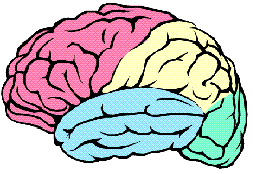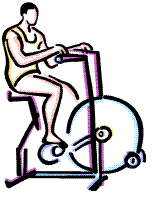
The SC School for the Deaf and the Blind is having Open Houses at its Outreach Centers next week. All of the open houses are scheduled 2:00-5:00. Here is the schedule:
Monday, June 22
Midlands Regional Outreach Center
101 Executive Center Drive Ÿ Suite 120 Ÿ Columbia, SC 29210
Tuesday, June 23
Low Country Regional Outreach Center
1064 Gardner Road Ÿ Suite 216 Ÿ Charleston, SC 29407
Wednesday, June 24
Coastal Regional Outreach Center
212 Main Street Ÿ Conway, SC 29526
Thursday, June 25
Piedmont Regional Outreach Center
355 Cedar Springs Road Ÿ Spartanburg, SC 29302
What you’ll see and hear at SCSDB’s open houses
For individuals who are deaf, hard of hearing or speech impaired:
-Equipment that enables communication by telephone
-Devices that alert users to a ringing phone/door bell or the sound of an alarm clock
-Sign language experts who facilitate communication in medical, legal, social service, higher - education and business settings.
For individuals who are blind or vision impaired:
-Bar code scanners and mobile readers for reading grocery store product labels, restaurant menus and more
-GPS units for independently moving around the community with confidence
-Maps and pictures that can be read by touch
-Braille and large print books and materials
-Experts, who are blind themselves, that travel the state to provide instruction in assistive technology
-Teachers who instruct students in orientation and mobility – how to travel safely and independently
-Vision simulators that allow you to experience various types of blindness
SCSDB will host a pre-event for mass media from 11 a.m. until 1:30 p.m.
Phone (864) 577-7506 for more information.
The addresses and phone numbers for the Outreach Centers are on this webpage:
http://www.scsdb.k12.sc.us/outreach/Outreach_Index.htm
Also, for more information, you can call 1-800-984-4357.
A brochure about the Open Houses can be found at http://www.scsdb.org/special/RoadShowEmailInvite0617.pdf
This is a good chance to see some of the equipment offered by the SCEDP:
http://www.scsdb.k12.sc.us/outreach/SCTEDP_2007.htm
To view the SCSDB website, please click on the link above.
 ScienceDaily (June 23, 2009) — A group of German investigators demonstrated that the early increase in phosphorylated CREB (pCREB) is related to treatment response and does not depend on pharmacological interventions or brain-derived neurotrophic factor (BDNF) plasma levels. For the first time, cellular biological markers could be associated with response to psychotherapy.
ScienceDaily (June 23, 2009) — A group of German investigators demonstrated that the early increase in phosphorylated CREB (pCREB) is related to treatment response and does not depend on pharmacological interventions or brain-derived neurotrophic factor (BDNF) plasma levels. For the first time, cellular biological markers could be associated with response to psychotherapy.
































